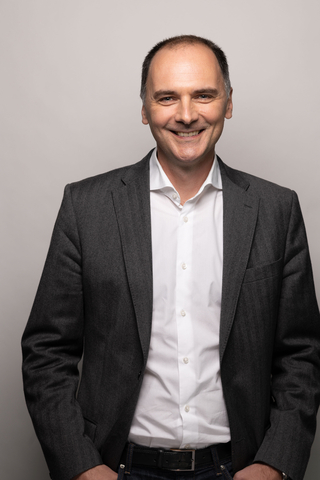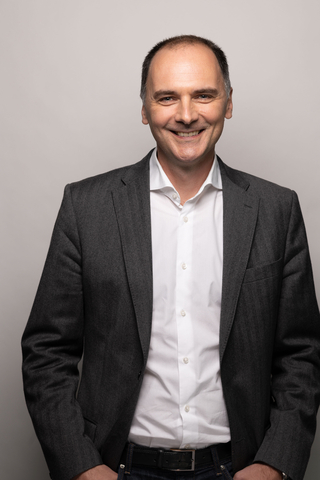VIENNA--(BUSINESS WIRE)--AOP Orphan Pharmaceuticals GmbH (AOP Health) in collaboration with Leukos Biotech has achieved a key milestone. The first patient was included in the phase I clinical trial SERONCO-1, in which a substance with a new and unique mechanism of action (first-in-class) is being investigated. The drug candidate is being studied in patients with solid tumors and lymphomas. This development program builds on AOP Health’s proven success in delivering cancer stem cell targeting agents that address patients’ unmet medical needs.
Focus on a promising target
The new compound, AOP208, targets and blocks a protein on the surface of the cancer stem cell, the serotonin receptor 1B, which may prove to be critical to treat the root cause of the disease. The compound is given orally and was designed and initially developed by Leukos Biotech based on research performed at the Josep-Carreras Leukemia Research Institute.
Ruth Risueño, Chief Scientific Officer at Leukos Biotech, explains: “We wanted to find a new way to attack cancer stem cells, as they are responsible for the initiation and maintenance of the tumor. Our work showed that the serotonin receptor is key to this process. Since no suitable molecule that could block the receptor existed, we invented a new one. Now we are thrilled to start a clinical trial and take our compound to the next level.”
AOP Health has licensed AOP208 and holds further development rights and exclusive global commercial rights including USA, Europe, Korea and Taiwan with the exclusion of mainland China.
First patient treated with AOP208
SERONCO-1, a first-in-human trial on AOP208, has started enrolling patients with solid tumors (including metastatic cancer) and lymphomas, and the first patient worldwide has received treatment. The single-center trial, led by Dr. Irene Braña, is being conducted in collaboration with Leukos Biotech at the Vall d’Hebron Institute of Oncology (VHIO) with partial funding from the Spanish Ministry of Science and Innovation through the Public-Private Partnership Program (CPP2021-008715).
Treatment of the first patient with AOP208 in the trial represents a significant step towards understanding the safety and tolerability of the drug. SERONCO-1 will also explore the activity of AOP208 regarding tumor proliferation.
Research on novel approaches in cancer therapy is desperately needed, emphasizes Christoph Klade, Chief Scientific Officer of AOP Health: "AOP208 targets a receptor on cancer stem cells which has not been in the center of attention in cancer therapy so far, making it a first-in-class investigational drug in oncology. This pathway may have a role in several types of leukemia but importantly also various solid tumors including breast and lung cancer.”
Complementing the SERONCO-1 trial, a second clinical trial on AOP208 will be conducted by AOP Health in patients with acute myeloid leukemia, a cancer that currently has a dismal prognosis.
Martin Steinhart, CEO of AOP Health concludes: “We are committed to AOP Health's founding idea of creating solutions for unmet patient needs in rare indications. We take this idea seriously, demonstrated by our investment of 25 million euros a year in research and development. “
About AOP Health
The AOP Health Group incorporates several companies including AOP Orphan Pharmaceuticals GmbH with its seat in Vienna, Austria (“AOP Health”). The AOP Health Group is the European pioneer for integrated therapies for rare diseases and in critical care. Over the past 25 years, the Group has become an established provider of integrated therapy solutions operating from its headquarters in Vienna, its subsidiaries and representative offices throughout Europe and the Middle East, as well as through partners worldwide. The claim “Needs. Science. Trust.” sums up the foundation of the Group’s success: establishing trust through a continually high level of investment in research and development and a highly consistent and pragmatic orientation towards the needs of all stakeholders – especially the patients and their families as well as the healthcare professionals treating them.





